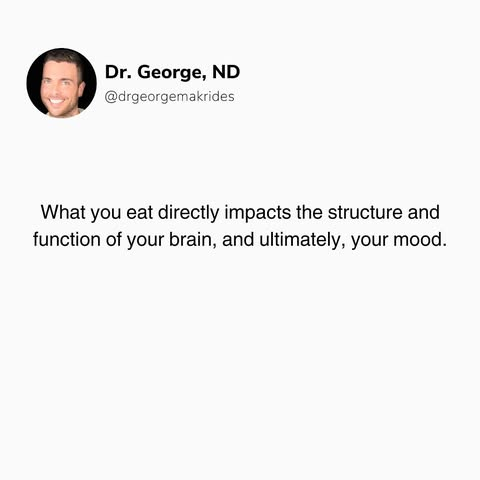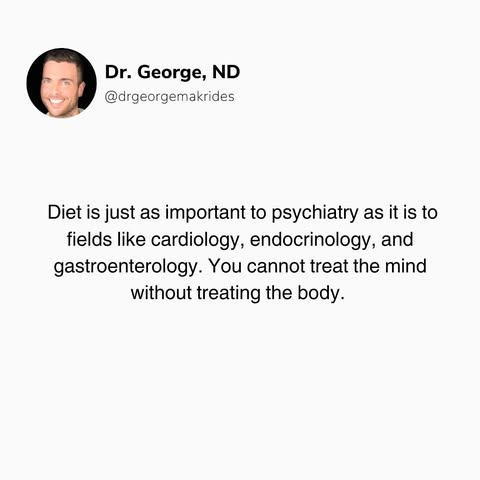
Orthomolecular therapy focuses on adjusting the intake of nutrients such as vitamins, minerals, trace elements, amino acids, fatty acids, macronutrients, and other naturally occurring, metabolically active substances to determine the most effective doses. This approach has contributed to the development of various treatments, including the use of intravenous vitamin C for cancer and sepsis, vitamin B6 for autism, zinc for eating disorders, essential fatty acids (EFAs) for ADHD, and more. Rather than simply being a treatment-for-disease model, orthomolecular medicine is primarily concerned with achieving and maintaining optimal health and well-being.
GOAL: Prevent and treat symptoms of nutrient deficiency, regulate brain disordered metabolism, using doses greater than those to simply prevent deficiency (overcome genetic hurdles through nutrient loading).






